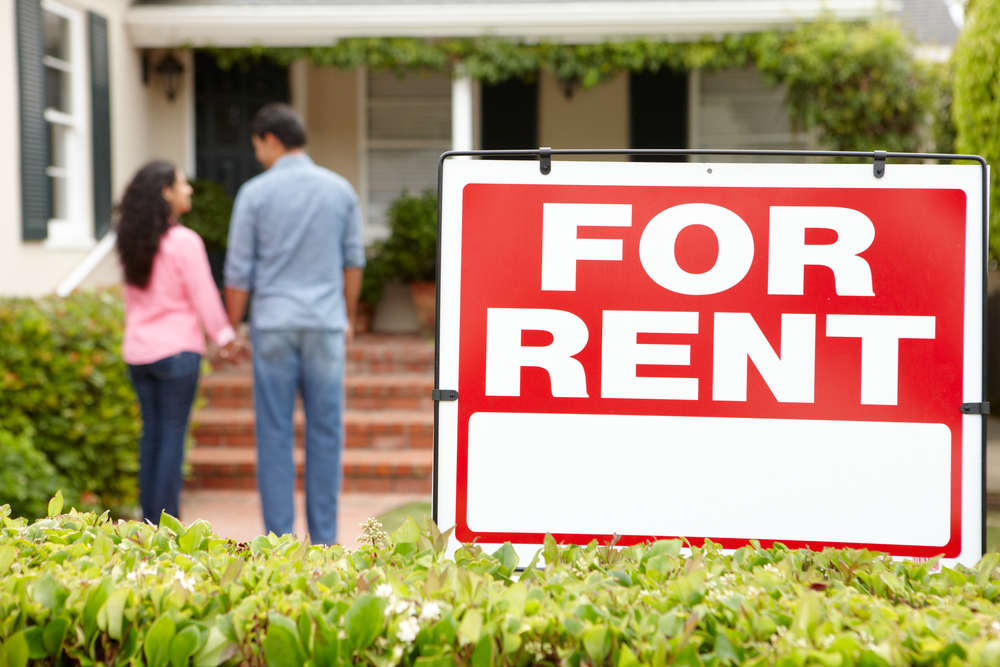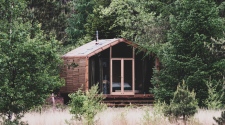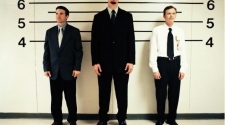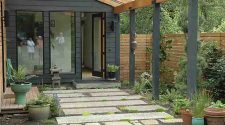Most people will at one time or another rent a property. Here are a few reasons why at times it makes sense to rent and what you should know before signing a lease agreement.
When it Makes Sense to Rent
Starting out as a young adult in today’s depressed financial markets can be daunting. Not only is it more difficult to find employment, but interest rates are high, as is the deposit needed to buy your first property. You would also like to feel more financially secure before committing to the long-term financial demands of home repayments.
There are a number of pluses to renting a home if one is wise and financially disciplined.
In the short-term, it is cheaper to rent than buy. A property worth R800 000 could be rented for R6 000 a month, as opposed to bond repayments of around R9 000. This means that buying a property will cost you R3 000 a month more on an R800 000 property than renting.
Reasons to Rent
- The flexibility of renting makes sense if you are likely to experience a number of changes in your life like job relocation, or if you are not sure what area you would like to live in.
- Rentals that are lower than bond repayments will give you the opportunity to live in an area you would not normally be able to afford to buy in.
- Most issues with a building’s structure or fixtures is for the landlord’s pocket. As a tenant, you will spend almost nothing on repairs and maintenance.
- It is easier to move out of the property at the end of your lease, than having to first sell-up before moving.
- Your insurance premiums are likely to be lower since you only need to cover the contents of your home, not the property itself.
- The money saved on renting instead of more expensive bond repayments can be saved towards putting down a deposit on your own home one day.
- Regular rental payments improve your credit rating which in turn makes it more likely that you will be awarded short-term credit when needed by personal loan providers like wonga.co.za and major banks in case of emergencies or for essential purchases.
What to Think About Before Renting
- Improvements to the property or décor are usually not allowed. If you do make any changes, the lease will probably state that they belong to the landlord when you move out.
- If you deal with a rental agent, rather than the owner, plumbing on structural problems are likely to take longer to resolve that if you were able to call in a plumber of your choice to service your own property. You are not entitled to withhold rent to force a landlord to make repairs.
- Renting means there is no return on investment for the tenant who pays off the homeowner’s bond and has nothing tangible to show for their rent in the long-term.
- There is no guarantee that your lease will be renewed when it expires. This means you might be forced, at short notice, to find another home at the right price and in the right location.
Protecting yourself when Renting
- A landlord is compelled by South African law to provide the tenant with a written lease agreement that sets out the address and description of the property leased to you, the amount of rent you must pay and when this payment is due, along with the duration of the lease and the notice period needed to end the lease.
- Always read the fine print. The lease agreement should include who is responsible for payment of electricity and water, as well as maintenance on the property. If there is anything you do not understand, make sure the landlord provides clarity before you sign.
- A tenant is usually asked to pay a deposit before moving into the property. This is to protect the landlord if the tenant moves out without paying rent due, or there are repairs that need to be made to the property for which the tenant is responsible. It is important that both the tenant and landlord inspect the property before the tenant moves in to make sure there is no damage to the property for which the tenant might be asked to pay later. The property is again inspected before the tenant vacates, and the deposit used to offset any repairs. The balance remaining from the deposit (which by law the landlord has deposited in an interest-bearing account for the duration of the lease) should be returned to the tenant within 14 days after they have left the premises.
If responsible financial behaviour is practiced, renting can be an important and useful stepping stone to saving a deposit towards one day owning your own home which, in turn, will provide you with long-term financial stability and growth of your personal wealth.
















